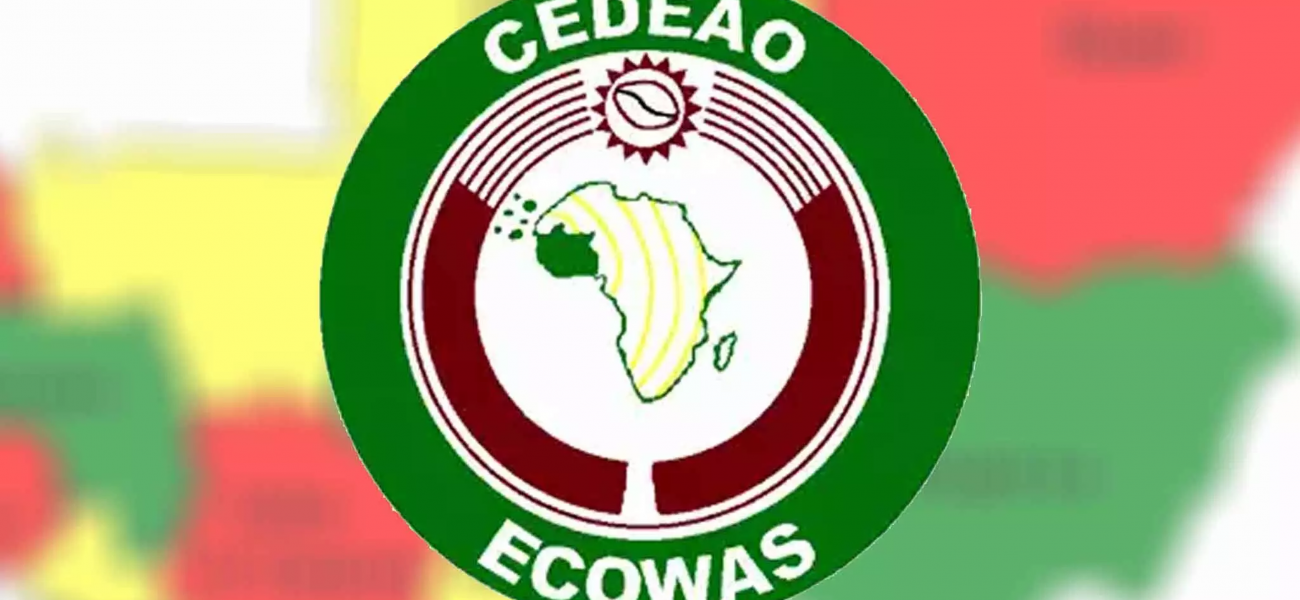Economic Community of West African States (ECOWAS) is holding an Extraordinary Summit in Abuja today, Thursday, August 10, to review the situation in Niger Republic resulting from the July 26 military coup which ousted President Mohamed Bazoum and the refusal of the coup leaders to reinstate the President or come to the negotiation table. The West African bloc under the chairmanship of the Nigerian President, Bola Tinubu had directed the coup leaders to reinstate the democratically-elected President of the country, Mohamed Bazoum within 7 days or face sanctions, including possible military intervention by troops from its Member States. The ultimatum elapsed on Sunday, August 6 and ECOWAS has reacted by imposing additional financial sanctions on Niger Republic. However, the Nigerian Senate refused to approve President Tinubu’s request to deploy Nigerian troops to Niger Republic. The lawmakers sued for further dialogue and negotiation to address the situation.
The coup leaders on their part, rejected the proposed visit of a joint delegation from the African Union, ECOWAS and United Nations slated for August 8, citing security risks to the delegation. The military leaders also announced an indefinite closure of Niger’s airspace – a measure that has resulted in delays and disruptions, particularly for commercial flight operations. Meanwhile, Mali, Guinea (Conakry) and Burkina Faso, which have experienced coups in 2020, 2021 and 2022, respectively have expressed solidarity for Niger Republic.
In response to the coup, ECOWAS announced immediate sanctions including border closure between ECOWAS Member States and Niger, ban on commercial flights to and from Niger to these countries and financial transactions between Niger and its ECOWAS counterparts. Nigeria also cut off electricity supply to Niger as part of these sanctions.
The rise in the incidence of military coups and attempted coups in African countries in recent time has raised concern and drawn criticism within the region and globally. However, ECOWAS’ threat of possible use of force to reinstate a democratic government in Niger raised even more concern due to the huge risk and unpredictable outcome associated with such an operation. Several countries within the West African sub-region are presently grappling with serious economic challenges, terrorism and other issues of internal insecurity. This begs the question of the propriety of military intervention in a country within the bloc and its attendant impact.
Chairman of ECOWAS Authority of Heads of State and Government, President Tinubu, through his spokesperson, Ajuri Ngelale has stated that diplomacy is the best way forward and a preference for West African leaders, which will be maintained pending further resolutions by ECOWAS.

